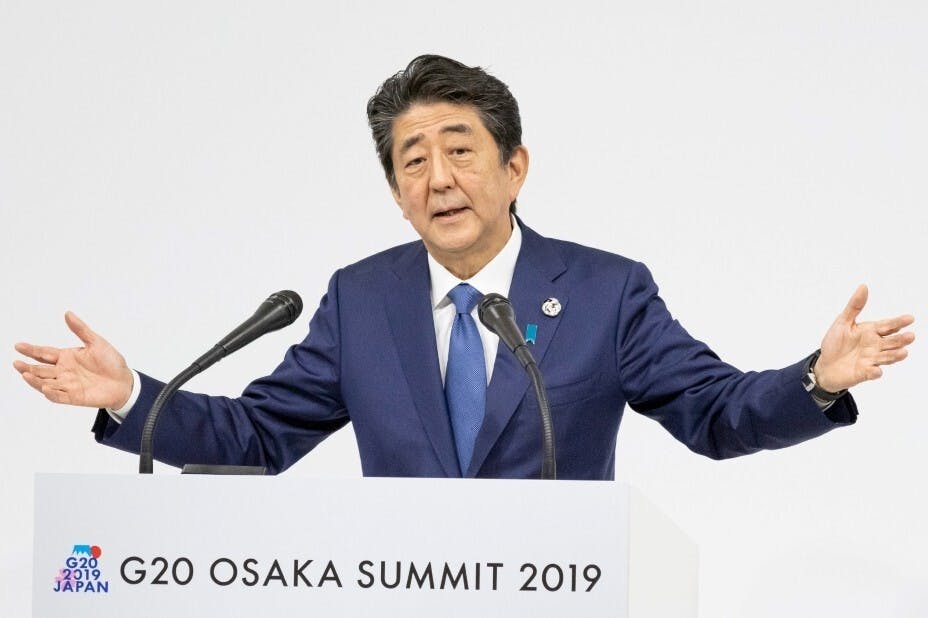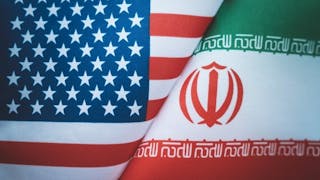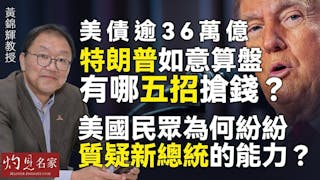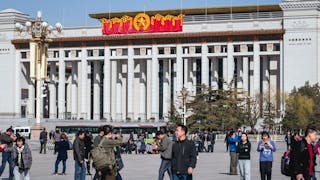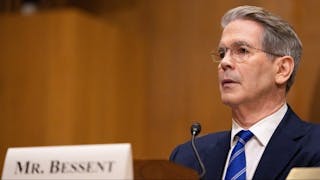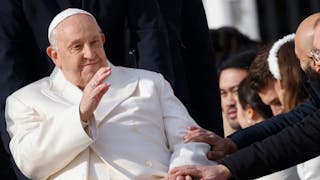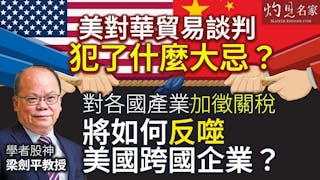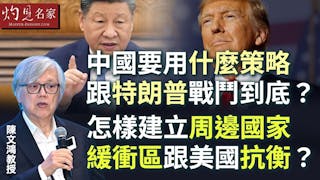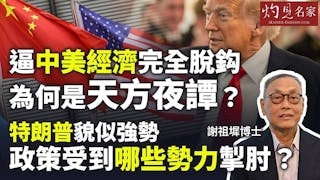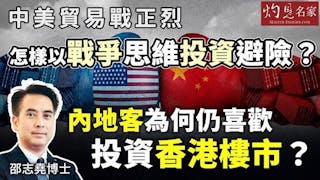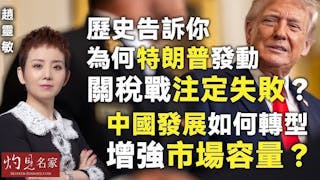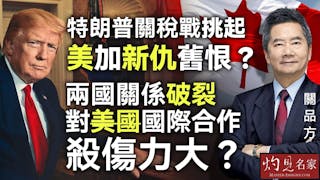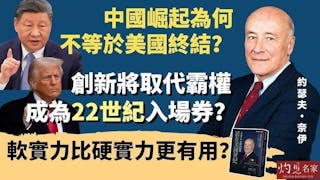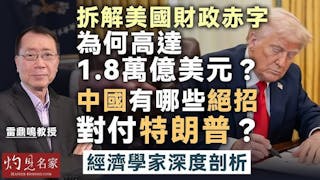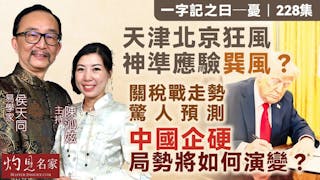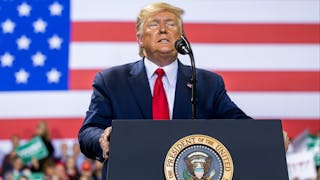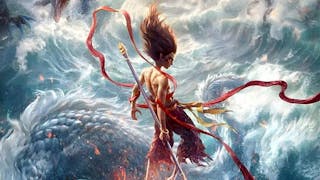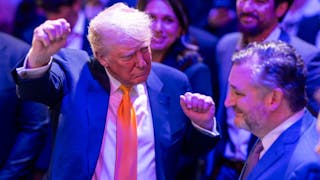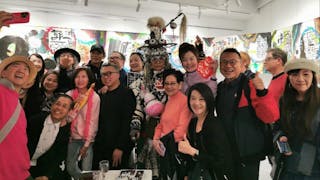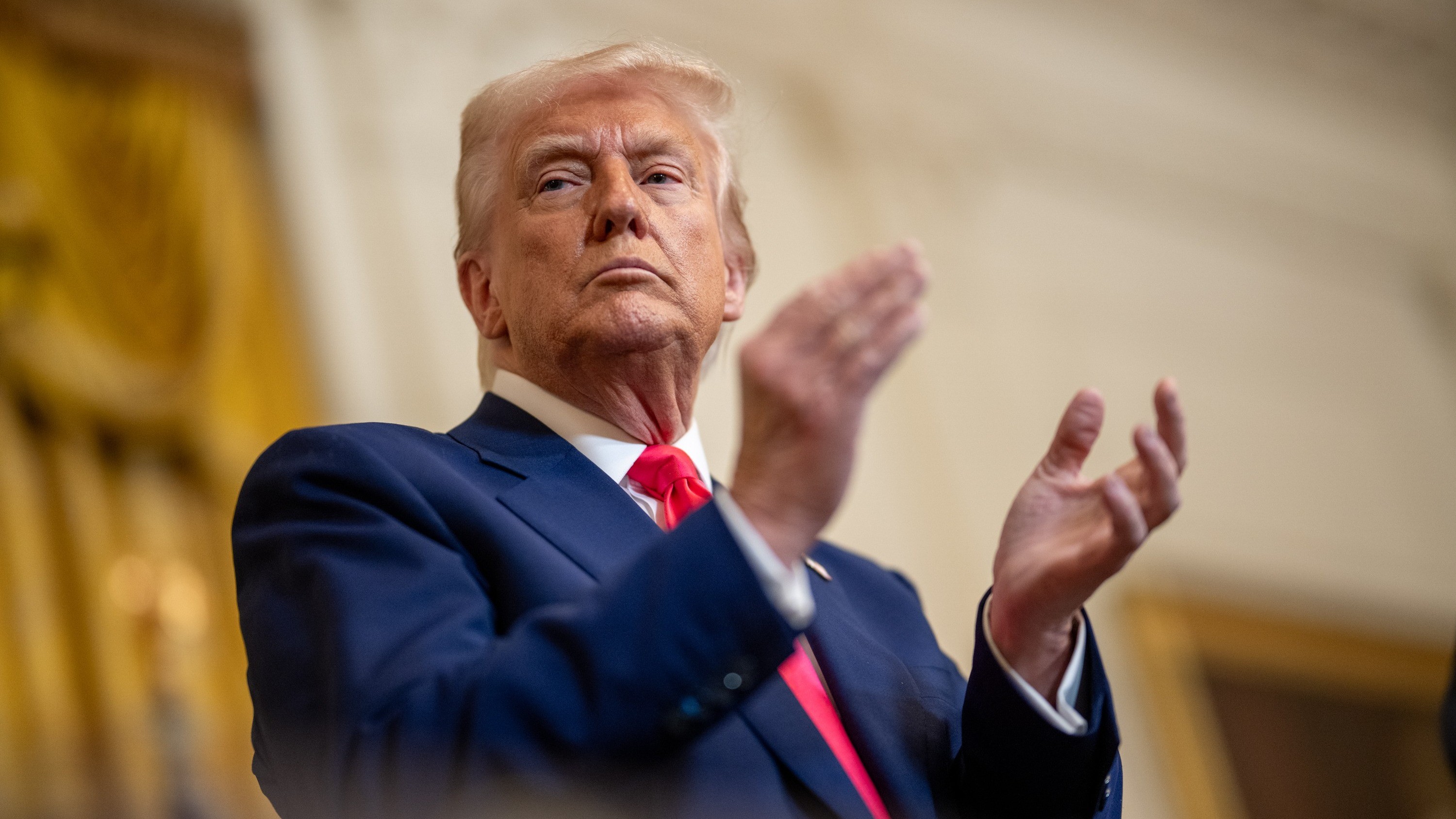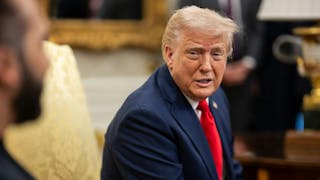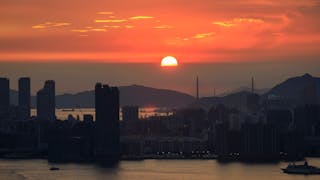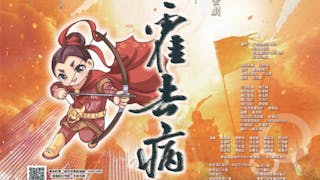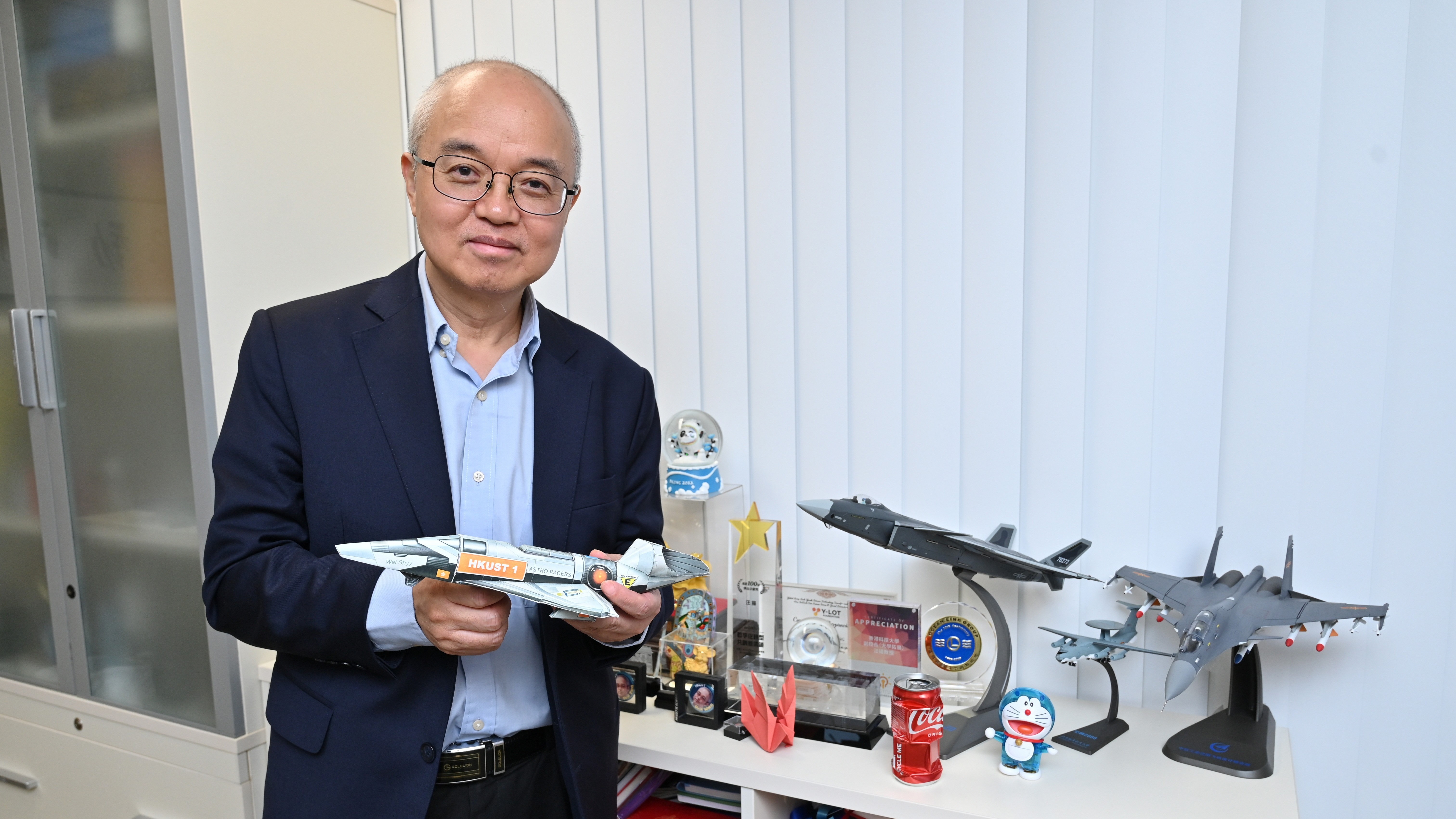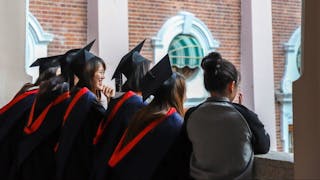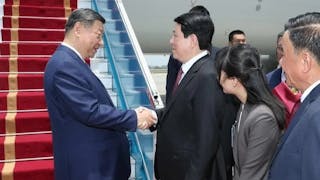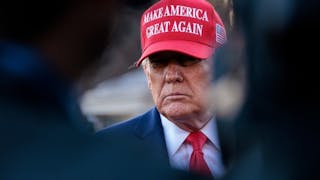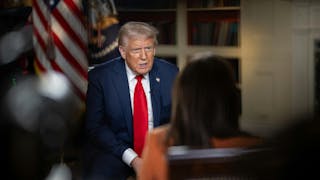日本前首相安倍晉三遇刺身亡的血案,給中日關係留下了不可磨滅的烙印。作為保守派、實用主義者、民族主義者和親西方的民主主義者,安倍的政治意識形態,對日本在未來幾年將如何應對中國大陸和台灣產生了深遠的影響,尤其是在現任日本首相岸田文雄政府的對華政策,很大程度受到安倍晉三的影響。
最近的報道表明,岸田政府試圖與執政的自民黨內的安倍派保持距離,包括與安倍願意增加支出不同,岸田強調審慎的財政政策。
APEC會議「破冰」 中日關係現轉機
然而,安倍與中國打交道的方式對岸田政府產生了直接影響。2012年12月安倍第二次當選首相時(2006年首次當選首相,2007年因健康原因下台),日本與中國的關係因日本政府試圖將釣魚台島(日本稱尖閣諸島)國有化。2013年9月,G20領導人峰會期間,習近平主席與安倍進行了簡短會談,當時的中日關係頗為艱難和緊張。習主席表示,日本應「本着正視歷史、面向未來的精神,正確處理釣魚島、歷史等敏感問題」。安倍則禮貌地回應:「我迫切希望改善兩國關係」。
安倍隨後邁出了關鍵的一步,邀請習近平主席在2014年11月10日在北京舉行的亞太經合組織(APEC)領導人非正式會議上會面。這次會面是一次「破冰」會面;安倍公開和禮節性地與習主席握手。此後,中日關係出現轉機。必須讚揚安倍和他的中國事務顧問,他們抓住了利用 APEC 會議改善東京與北京關係的黃金機會。
2014年11月中日領袖的會面,是兩國關係一個分水嶺。日本在釣魚台島問題上的民族主義情緒高漲,安倍在與中國打交道時採取了務實的態度。另一方面,他對日本的對華政策採取了前瞻性的看法。習近平主席在2014年11月與安倍會晤時表示,雙方應「以史為鑑,面向未來」。安倍和習近平在釣魚台島主權問題上存在分歧,但都展望未來的關係,這顯示中日兩國如何擱置長期存在的領土爭端,有利於兩國的長遠共同利益。
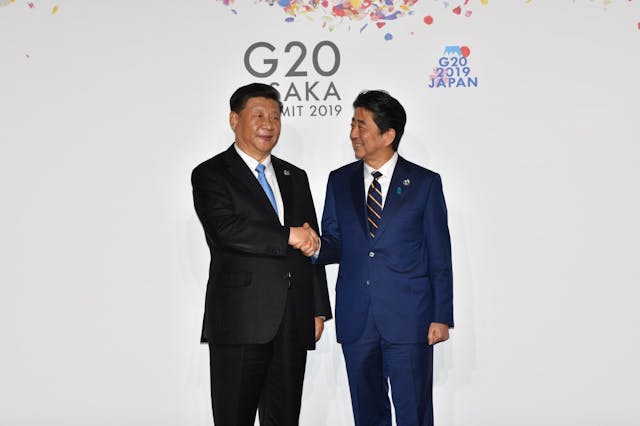
拜靖國拒正視歷史 國人對安倍存爭議
值得注意的是,內地《環球時報》隨即刊登了兩篇報道,評論了安倍遇刺一案及對中日關係的影響。7月8日,《環球時報》英文版發表了一篇題為〈中國人記得的安倍,是一個「毀了自己對中日關係貢獻」的爭議人物〉(“Abe remembered in China as controversial figure who ‘ruined own contribution to bilateral ties”)的文章。文章首先引用了中國外交部發言人趙立堅的說話,指安倍曾為改善日中關係作出過貢獻,中國向安倍家屬表示哀悼。然而,文章提到安倍是「一個有爭議的人物」,部分原因是他「經常參拜臭名昭著的靖國神社,部分原因是他不承認日軍侵華的歷史」,從而導致「他在中國民眾中的聲譽不佳」。
日本首相經常參拜靖國神社並祭奠那些戰死者,許多中國評論者愛國情緒高漲是可以理解的。然而,靖國神社的政治象徵意義仍然傷害了大多數中國人。安倍遇刺後不久,一些民族主義情緒高漲的中國網民在互聯網上對他進行批評,導致中國當局迅速採取行動,審查一些民族主義分子的言論。安倍之死對一些一直對日本採取仇視態度的內地人來說,是一個政治象徵。二戰期間日軍在中國犯下的暴行,留下的傷口既不能也不會輕易癒合。
最有趣的是,安倍卸任首相後,成為了台灣民主的擁護者。2021年12月,安倍斷言「台灣有事就是日本有事」──據《環球時報》報道,這一言論「嚴重違反一個中國原則,公然挑釁中國主權」。
安倍在台灣問題上立場表明,他支持像台灣這樣的西式民主政體,他認為台灣是由美國和日本的民主和價值觀塑造的。2010年,安倍會見了台灣立法院前院長王金平。當記者問及釣魚台島(尖閣諸島)時。安倍表示,「鑑於日本與台灣有深厚友情,沒有解決不了的問題」。安倍在第二任首相任內,對台灣表示支持,稱「台灣是與日本共享基本價值觀的重要夥伴和朋友」。
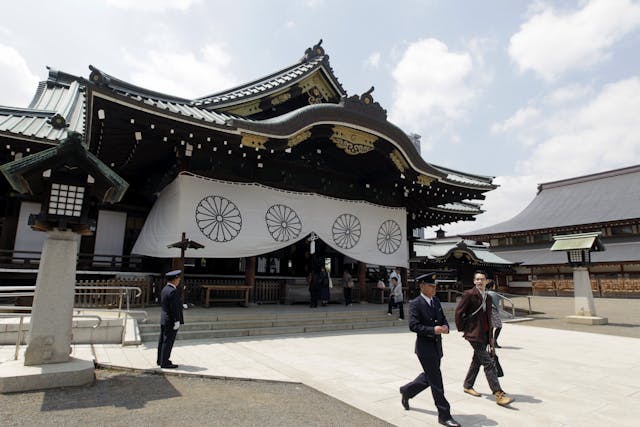
增軍費武裝自衛隊 呼籲美國明言保台
2020年8月,安倍在接受美國智庫哈德遜研究所訪問時明確表示,中國國家主席習近平正在「鞏固他的權力基礎,不再隱藏對台灣的野心」。 他對中國日益自信和「野心勃勃」的看法,解釋了為何安倍在日本執政時,試圖修改日本憲法第9條的同時,又企圖重新武裝,加強日本的軍事實力。2019 年1月,安倍在國會表示,遠程巡航導彈並未被憲法第9條禁止,暗示日本應在面對「中國威脅」時重新武裝自己。安倍領導下的日本政府增加軍費作為防禦性舉措,而此舉引起中國不滿。
2022年2月,安倍表示,美國應該放棄對台灣的戰略性模糊政策,明確表示一旦發生襲擊,將在軍事上保衛台灣──這自然引起了中國大陸評論者的批評。
《環球時報》7月9日刊登另一篇關於安倍的報道。報道稱,習近平主席上周六就安倍晉三「突遭不幸」辭世,向日本首相岸田文雄致唁電。習近平指出,安倍前首相在任期間,為改善中日關係改善進行了努力,他和安倍曾就「構建契合新時代要求的中日關係達成重要共識」。《環球時報》的第二篇報道比第一篇更接近外交辭令,沒有對安倍提出任何批評。
四方對話針對中國 拜登稱「不朽遺產」
對於中國的批評者來說,安倍對中日關係留下的遺產仍然很重要,因為他是美國的堅定盟友。安倍的保守政治立場,與美國共和黨前總統特朗普有一些相似之處──兩人都將「中國威脅」視為需要分別改變日本國防政策和美國貿易政策的嚴重威脅;安倍接受了美國的印太戰略,與印度的合作比以往任何時候都更加密切。
另一方面,安倍執政期間,日本對中國的「一帶一路」倡議持謹慎觀望態度。在特朗普主政下的美國,退出「跨太平洋夥伴關係協定」(TPP)的同時,日本參與並敲定「跨太平洋夥伴關係全面進步協定」(CPTPP),填補了經濟真空。
安倍領導下的日本也加入了四方安全對話(QUAD)──這個由日本、美國、澳洲和印度組成的聯盟,是安倍早在2007年就發起的。這種意識形態的聯盟,對美國具有戰略意義和重要性──這4個都是共享人權、民主和自由等價值觀的西式民主國家。美國總統拜登把QUAD稱為「安倍不朽的遺產」。 可是,QUAD卻構成了遏制「中國威脅」的意識形態聯盟。
總體而言,安倍晉三對未來數年日本與中國的互動方式仍有巨大影響。安倍在意識形態上是保守的、親美的、親西方民主主義的、務實的和民族主義的。他的對華務實政策體現在釣魚台島發生嚴重領土爭端後,主動改善日中關係。儘管如此,安倍是一個堅定的民族主義者,他認為,面對來自中國和北韓日益上升的「威脅」,重新武裝是必要的防禦舉措。
安倍卸任首相職務後,明顯親台,招致中國大陸官員和民族主義者的憤怒。現任日本首相岸田文雄基本上是採取安倍的對華政策,但岸田往往比較謹慎,不想在日本親台的立場上「挑釁」中國。儘管如此,日本的對華政策已經感受到了安倍的遺產:在未來幾十年裏,在一個自信和「野心勃勃」的中國,以及日美和日本與西方同盟之下,與中國進行務實接觸,並逐步進行軍事重整。未來幾年,安倍的繼任者將如何應對中日之間的緊張關係,仍有待觀察。
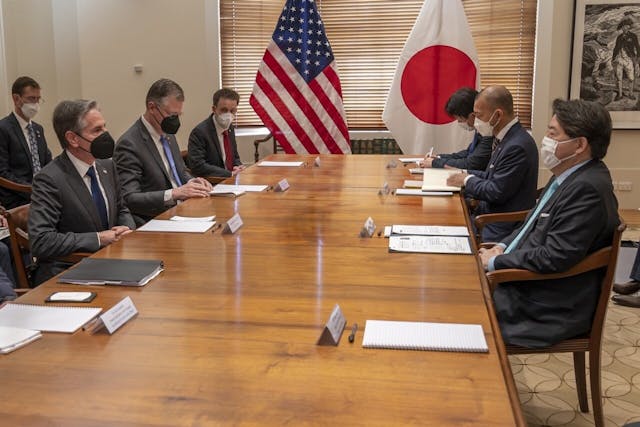
Shinzo Abe’s Legacy on Japan’s Relations with China
The tragic assassination of the former Japanese Prime Minister, Shinzo Abe, has left an indelible imprint on Japan’s relations with China. As a conservative, pragmatist, nationalist and pro-Western democrat, Abe was imbued with political ideologies that have far-reaching impacts on how Japan is going to deal with the People’s Republic of China (PRC) and Taiwan in the coming years, especially as the China policy of the government under the current Japanese Prime Minister Fumio Kishida is heavily shaped by the Abe era.
Recent reports have suggested that the Kishida government has attempted to distance itself from the Abe faction within the ruling Liberal Democratic Party (LDP), including fiscal policy where Kishida emphasizes prudence unlike Abe’s willingness to spend more.
However, Abe’s approach to dealing with China had a direct impact on the Kishida government. When Abe was elected the second time to be the Prime Minister in December 2012 (after he had first been chosen as Prime Minister in 2006 but then stepped down in 2007 due to health reason), Japan’s relations with the PRC were strained by the Japanese government’s attempt at nationalizing the Diaoyu (Senkaku in Japanese) Island. The Sino-Japanese relations at that time were quite difficult and tense until September 2013 during the G20 Leaders’ Summit in which President Xi had a brief talk with Abe. President Xi said Japan should “correctly deal with such sensitive issues as the Diaoyu Island and history by the spirit of facing history squarely and looking forward to the future.” Abe replied diplomatically that “I am eager to improve Japan-China relations.”
Abe later made a crucial step to request a meeting with the Chinese President Xi Jinping on November 10. 2014 in Beijing where the APEC Economic Leaders’ Meeting was held. This meeting was an ice-breaking one; Abe shook his hand with President Xi publicly and diplomatically. Since then, Japan’s relations with China took a turn for the better. Credit must be given to Abe and his China advisers who grasped the golden opportunity of using the APEC meeting to improve Tokyo’s relations with Beijing.
The November 2014 meeting was a watershed in Sino-Japanese relations. Abe adopted a pragmatic approach in dealing with China amid the rising nationalistic sentiment in Japan over the Diaoyu (Senkaku) Island. On the other hand, he adopted a forwarding-looking perspective on Japan’s China policy. President Xi during the November 2014 meeting with Abe said that both sides should “take history as a mirror and look forward to the future.” The fact that both Abe and Xi looked to the future relations despite their differences in the “sovereignty” issue over Diaoyu (Senkaku) Island demonstrated how Japan and China put aside the long-standing territorial dispute in favour of the long-term common interests of both countries.
It is noteworthy that China’s Global Times carried two immediate reports commenting on Abe’s tragic death and his impacts on Japan’s relations with the PRC. On July 8, Global Times had an article entitled “Abe remembered in China as controversial figure who ‘ruined own contribution to bilateral ties.” The article first cited the PRC Foreign Ministry spokesman Zhao Lijian’s comments, saying that Abe had once made contributions to improving Japan’s relations with China and that the PRC extended its condolences to Abe’s family. However, the article mentioned that Abe was “a controversial figure” partly because he made “frequent visits to the notorious Yasukuni Shrine and partly because and he denied Japan’s invasion history in China,” thereby leading to “his bad reputation among Chinese public.”
While the surge of nationalism among many Chinese commentators is understandable, it was often a common practice of the Japanese Prime Ministers to visit the Yasukuni Shrine to pay respect those people who died in the war. Yet, the political symbolism of the Yasukuni Shrine remains hurtful to most Chinese people. Shortly after Abe’s assassination, some nationalistic Chinese netizens made critical comments on him on the mainland Internet, leading to a prompt action by the Chinese authorities to censor what some nationalists wrote. The tragic death of Abe represented a political symbol to some mainlanders who have been adopting a xenophobic attitude toward Japan. The wounds of the Second World War during which the Japanese military committed atrocities in China cannot and will not be easily healed.
Most interestingly, after Abe stepped down as the Prime Minister, he became a champion of Taiwan democracy. In December 2021, Abe asserted that “a Taiwan emergency is a Japanese emergency” – a remark that according to Global Times constituted “a serious violation and provocation against the one-China principle.”
Abe’s stance on Taiwan showed that he supported Western-style democracies like Taiwan, where he thought was shaped by the American and Japanese democracy and values. In 2010, Abe met the former Taiwan Legislative Assembly speaker Wang Jin-pyng. When asked by reporters about the Diaoyu (Senkaku) Island. Abe said that “given Japan and Taiwan’s deep friendship, there are no unsolvable problems.” Abe was supportive of Taiwan during his second term of office as Prime Minister, saying that “Taiwan is an important partner and friend who shares Japan’s general values.”
In August 2020, during an interview by the Hudson Institute, Abe said explicitly that the PRC was “consolidating its power base” and having “ambitions toward Taiwan.” His perception of an increasingly assertive and “ambitious” China explained why Japan under Abe attempted to rearm itself militarily while trying to amend Article 9 of the Japanese Constitution. In January 2019, Abe said in the Diet that long-range cruise missiles were not banned by Article 9, implying that Japan should rearm itself in the face of “the China threat.” The Japanese government under Abe increased its military spending as a defensive move, but this move aroused the PRC’s displeasure.
In February 2022, Abe said that the US should abandon its strategic ambiguity toward Taiwan by declaring that it would militarily defend Taiwan in the event of an attack – a remark that naturally led to the criticisms from the PRC and mainland commentators.
Another report in Global Times about Abe appeared on July 9, when it reported that President Xi Jinping on Saturday sent a message of condolences to Japanese Prime Minister Fumio Kishida on the “sudden and unfortune” passing of Shinzo Abe. President Xi added that Abe had made efforts at improving Japan-China relations, and that he and Abe “had reached important common understanding” on “building a China-Japan relationship that meets the needs of the new era.” This second report in Global Times was far more diplomatic than the first one without any criticisms levelled at Abe.
For the critics of China, Abe’s legacy on Japan’s relations with the PRC remains important because he was a staunch ally of the US. Abe’s conservative political ideology shared some similarities with the former Republican President Donald Trump; both saw “the China threat” as a serious one necessitating a shift in the Japanese defence policy and American trade policy respectively. Abe accepted the Indo-Pacific strategy by cooperating more closely with India than ever before. On the other hand, Japan under Abe adopted a cautious and wait-and-see attitude toward China’s Belt and Road Initiative. While US under Trump withdrew from the Trans-Pacific Partnership, Japan filled in the economic vacuum by participating in and ratifying the Comprehensive and Progressive Agreement for Trans-Pacific Partnership (CPTPP).
Japan under Abe also joined the Quadrilateral Security Dialogue (QUAD) – an alliance initiated by Abe as early as 2007 and composed of Japan, America, Australia, and India. This ideological alliance is strategic and important for the US – all four countries are Western-style democracies sharing the values such as human rights, democracy, and freedom. US President Joe Biden has referred to QUAD as Abe’s “enduring legacy.” However, the QUAD constitutes an ideological alliance checking “the China threat.”
Overall, Shinzo Abe has tremendous impacts on how Japan is going to interact with China in the coming years. Abe was ideologically conservative, pro-American, pro-Western democracy, pragmatic, and nationalist. His pragmatic policy toward China could seen in his initiative in improving Japan’s relations with China after the serious territorial dispute over the Diaoyu Island. Nevertheless, Abe was a staunchly nationalist, believing that military rearmament would be a necessary defensive move in face of the rising “threats” from China and North Korea. Abe was explicitly pro-Taiwan after he stepped down from his prime ministerial position, incurring the wrath of PRC officials and nationalists. The current Japanese Prime Minister Kishida basically adopts Abe’s China policy, albeit Kishida tends to be a bit more cautious and does not want to “provoke” China over Japan’s pro-Taiwan position. Still, Japan’s policy toward China has already felt the Abe legacy: pragmatic engagement with China combining with a gradual military rearmament amid the perception of an assertive and “ambitious” PRC and under the Japan-US and Japanese-Western alliances in the coming decades. It remains to be seen how Abe’s successors will deal with the tensions between Japan and China in the coming years.
原刊於澳門新聞通訊社(MNA)網站,本社獲作者授權轉載。



